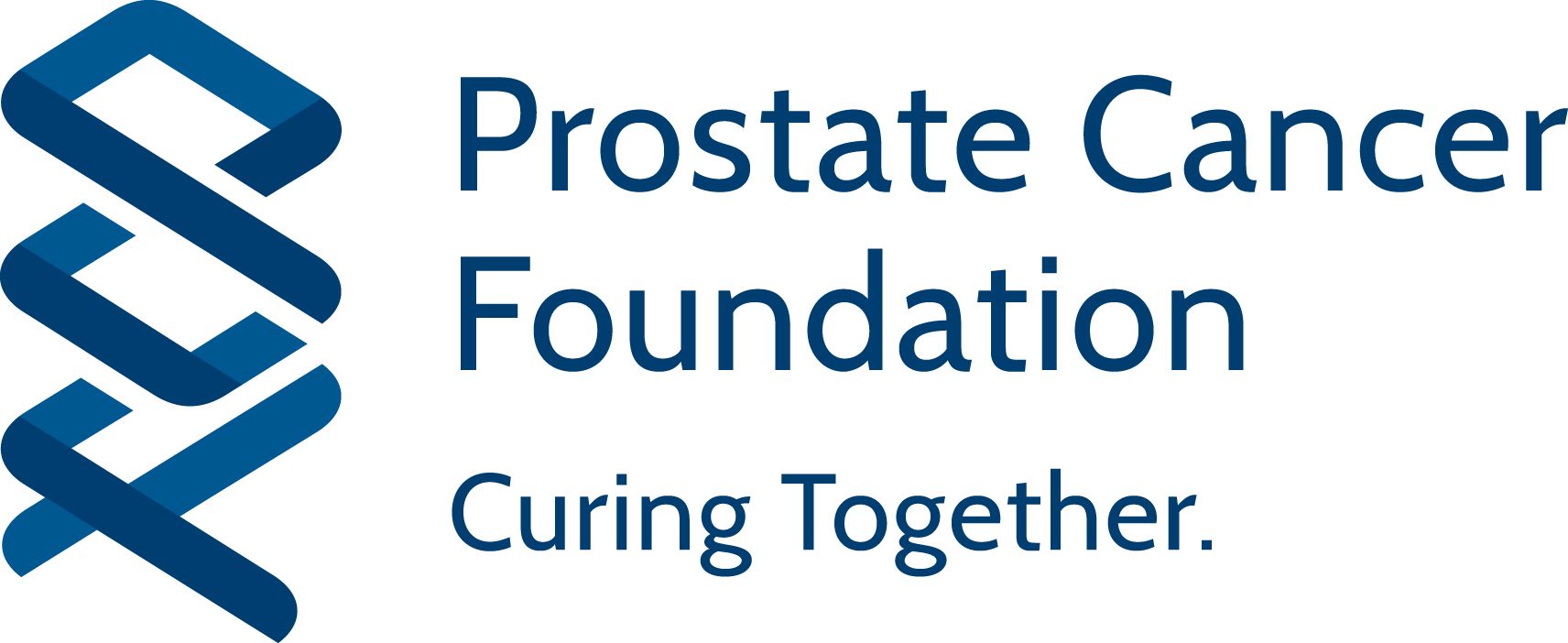
What You Need to Know About the FDA's Approval of Xtandi in Prostate Cancer

Men with metastatic castration-sensitive prostate cancer will now have a fourth treatment option to consider.
Men with metastatic castration-sensitive prostate cancer now have a fourth treatment option to add to their list, as the Food and Drug Administration approved Xtandi (enzalutamide) earlier this week.
“With this new FDA approval, men with metastatic hormone-sensitive prostate cancer now have another treatment option that can delay prostate cell growth in metastases both hidden and seen on scans, and disease progression,” Dr. Jonathan Simons, CEO of the Prostate Cancer Foundation (PCF), said in a statement issued to CUREÒ. “Enzalutamide now joins (Zytiga [abiraterone]), (Erleada [apalutamide]) and docetaxel chemotherapy as options to be added at the time of initiating androgen deprivation therapy in men.”
Metastatic Castration-Sensitive Prostate Cancer
Men with metastatic castration-sensitive disease means that their prostate cancer has spread to areas in the body that are outside of the prostate, however, these men are also responsive to testosterone suppression therapy.
Androgen receptor inhibitors stop testosterone from working so that it cannot bind to the chemical structures in cancer cells that allow the hormone to enter the cells. Depending on their health and the extent of their disease, men have previously been treated with one of the following:
- docetaxel plus testosterone suppression therapy
- Zytiga with prednisone or prednisolone plus testosterone suppression therapy
- Erleada plus testosterone suppression therapy
Men with metastatic castration-sensitive prostate cancer may have had prior surgery or radiation and the disease recurred, or they could have been initially diagnosed with disease that was already metastatic. Moreover, they could have previously received treatment with an androgen deprivation therapy (ADT) — another term for testosterone suppression therapy – and their cancer has not yet developed a resistance to the therapy.
ARCHES Trial
The FDA made its decision to approve Xtandi based on results from the international, double-blind, phase 3 ARCHES clinical trial — designed to compare the agent versus placebo in 1,150 patients with histologically verified metastatic castration-sensitive prostate cancer.
Patients were enrolled across North America, Europe, and the Asia-Pacific region.
The primary endpoint of the study was radiographic progression-free survival (the length of time during and after the treatment that cancer does not progress or worsen), which was not reached in the Xtandi plus ADT group, compared with 19.45 months with placebo and ADT. This reduced the risk for radiographic progression by 61% in patients who received Xtandi.
Moreover, Xtandi was associated with a reduction in the risk of time to progression of prostate-specific antigen, also known as PSA (a protein made by the prostate gland, whose high levels can be a sign of prostate cancer), by 81% and the time to initiation of a new antineoplastic therapy by 72%, compared with placebo.
In the trial, the most common side effects reported more frequently in patients treated with Xtandi plus ADT, compared with placebo and ADT, included hot flashes (27% vs. 22%, respectively), asthenic conditions (24% vs. 20%), hypertension (8% vs. 5.6%), fractures (6.5% vs. 4.2%) and musculoskeletal pain (6.3% vs. 4%).
Prostate Cancer Foundation
Of note, PCF funded the initial discovery of Xtandi at UCLA by chemist Michael Jung, who worked with prostate cancer physician-scientist Dr. Charles Sawyers, MD, who is now at Memorial Sloan Kettering Cancer Center in New York.
“The Prostate Cancer Foundation is proud to have funded the initial discovery of enzalutamide at UCLA, as well as the early translational research into the clinic that led to the development of this entire large class of more potent androgen receptor-targeting drugs,” Simons said. “This class of new precision anti-androgen receptor drugs has extended the lives of thousands of patients already.”
Read CURE’s original coverage of the FDA’s approval of




